The Bahamas is currently undergoing a large-scale effort to double the size of its marine protected area (MPA)network by 2020. Some of the most important questions that must be addressed to determine where to put new protected areas and how to manage them include: what habitats and species are present in an area and what is the condition of the habitat or populations of key species. To address these questions, the Perry Institute for Marine Science has been assessing the health of coral reefs and other ecosystems throughout The Bahamas.
With the support of the Atlantis Blue Project Foundation, Disney Conservation Fund and the Angari Foundation, we recently led the first expedition to assess the health of reefs around Cat Island and Long Island, two of the larger family islands without any MPAs. We also assessed the health of reefs around Conception Island an uninhabited island where a national park includes the island and waters around it encompassing a total of 30,000 acres.
Divers from the Perry Institute, Bahamas National Trust, Cape Eleuthera Island School, Bahamas Reef Environment Educational Foundation, and San Salvador Living Jewels assessed 21 sites, including benthic surveys covering approximately 1 km of seafloor in total, determination of the health of over 3000 corals, and the identification and size estimation for over 6000 fish.
Preliminary results indicate that some of the reefs were among the healthiest surveyed to date in The Bahamas. Nevertheless, despite the remote location of many of these reefs, all showed signs of damage from the many global, regional and local threats that put Bahamian reefs at risk.
Data collected during the expedition will add to our knowledge of the status of Bahamian reefs and what we need to do to protect coral reef habitat and the species that make their home there. It will also be used in combination with consultations with local communities to determine which areas will provide the greatest benefits when protected and how these protected areas should be managed.
For more information on coral reefs in The Bahamas and what you can do to help protect and restore them, go to www.perryinstitute.org.

